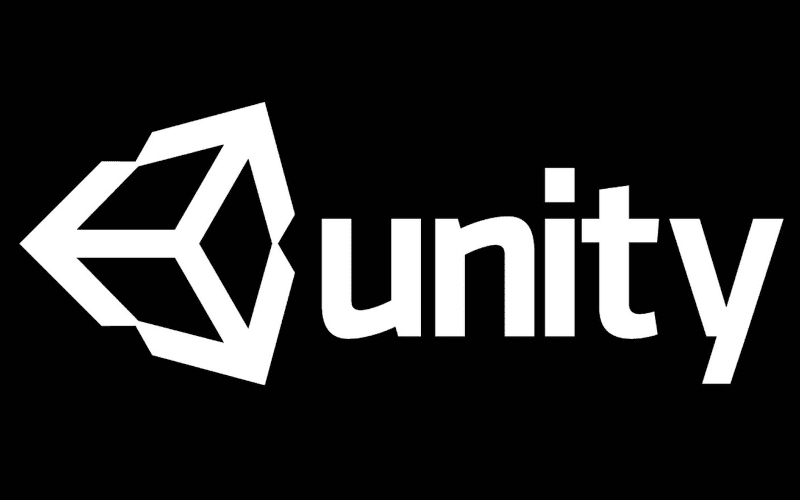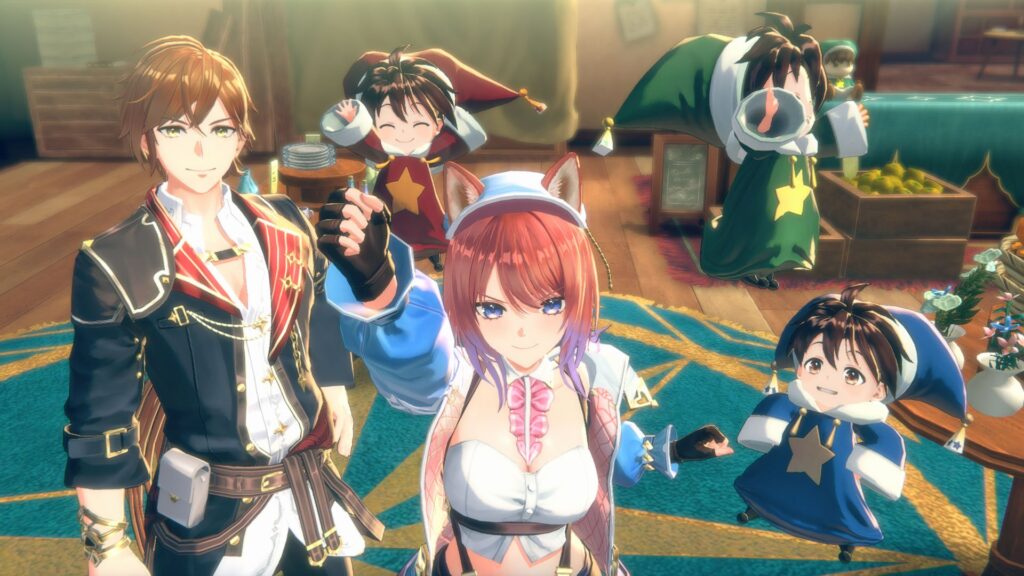Following an uproar over its recently announced changes to its runtime fee policy, Unity is taking a step back to rethink the plan, the company announced.
Sending the word to the public, Unity took to X (formerly Twitter) stating how the game engine company is listening to the consumers and is doing talks with stakeholders, insinuating making different changes to an earlier proclaimed policy.
The post did not specify what the new amendments will be. However, Unity did promise to provide more updates on the matter in the coming days, closing it with thanks to everyone’s “honest and critical feedback”.
Set to take effect on January 1, 2024, the Unity Runtime Fee Policy aims to charge $0.20 for every install of any game that’s already beyond 200,000 installs. But vagueness in the term “install” is ruffling many feathers in the gaming community. Many of which are largely questioning the terminology’s scope and validity. Does a re-installation count as another install? How about the installations made via Game Pass and PlayStation Plus?
Unity attempted to dispel the confusion by clarifying that installs imply “net new installs” on any device, beginning January 1, 2024. This suggests that developers are not liable to pay for any other form of installation with their games, such as reinstallations, “fraudulent” installations via the use of botnet and similar functions, etc. It also promised that “90 percent of the customers will not be affected” by the change.
The previous announcement especially sent shockwaves to the development community, causing many from across the globe to lash back against Unity. Rust 2 developer Facepunch 2, for instance, threatened to no longer be using the Unity game engine with their games. Coincidentally, the developer of the Unity-made Cult of the Lamb, Massive Monster, pledged that it would be deleting its game on January 1 if Unity pushed with the unwanted changes.



